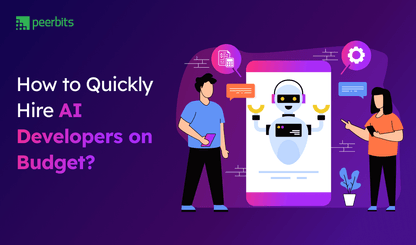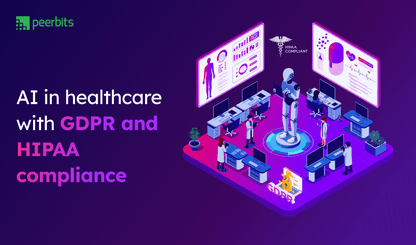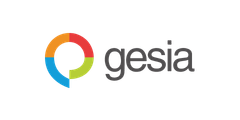Sifting through piles of resumes. Hours spent scanning for keywords.
Missing out on strong candidates just because their experience wasn’t worded “right.” This is what traditional hiring often looks like— time-consuming, repetitive, and prone to error.
For hiring managers and HR teams, the volume of applications alone can be overloading. Add the pressure of finding the right talent quickly, and manual resume screening turns into a bottleneck instead of a starting point.
That’s where AI resume screening enters the picture as a practical step toward improving efficiency and focusing on fit over formatting. According to Insight Global, 99% of hiring managers now use AI at some stage in the hiring process, signaling how widespread and normalized this shift has become.
Behind this shift lies a growing demand for smart, scalable tools often backed by specialized AI development services that help businesses build tailored hiring workflows powered by machine learning and automation.
Wondering where to begin with AI-powered resume screening?
First, let’s take a quick look at how traditional methods are stalling your growth, where AI resume screening can prove to be great game-changer.
Limitations with traditional hiring methods
Even with experienced recruiters and structured workflows, manual resume screening slows things down and introduces friction. Here’s where the old system hits its limits.
Manual screening takes time
HR teams can spend hours combing through stacks of resumes. The process often becomes a time sink.
- Every resume is reviewed individually, delaying shortlisting.
- Hiring for multiple roles in parallel multiplies the load.
- Follow-ups and internal reviews stretch timelines further.
Risk of bias and subjectivity
Unconscious bias is a quiet disruptor in manual screening, even experienced recruiters are not immune.
- Candidate names, addresses, or education history can trigger unintended assumptions.
- Gut-feel decisions replace consistent, criteria-based evaluation.
- Strong candidates can be overlooked due to formatting or wording.
Challenges with large volumes of applications
When job posts attract hundreds (or thousands) of applicants, traditional methods fall short.
- Screening capacity hits a ceiling without automation.
- Top candidates may wait too long and accept other offers.
- It becomes harder to maintain consistency in decision-making.
What is AI resume screening?
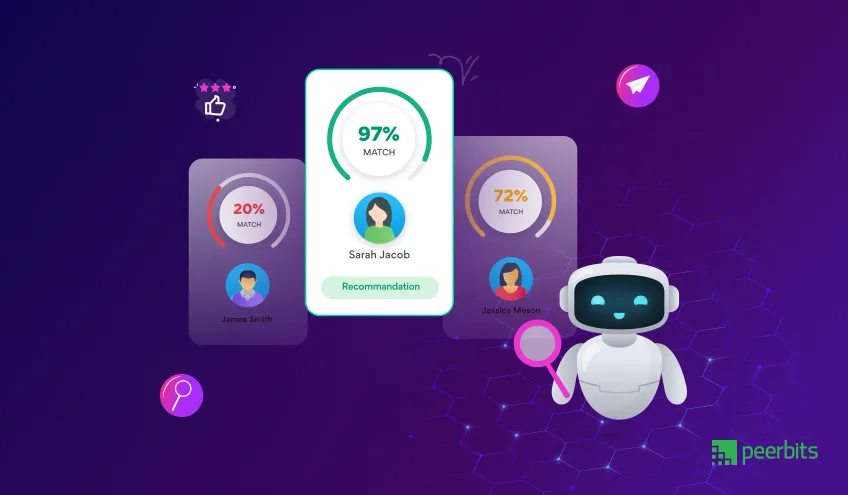
Think of AI resume screening as an intelligent filter that helps recruiters find the most relevant candidates faster. Instead of manually checking each resume, AI tools scan, analyze, and rank resumes based on how well they match a job description.
How AI resume screening works?
AI algorithms review resumes using natural language processing and machine learning techniques. Here's how it typically functions:
- It reads resumes like a human would, just much faster and without bias.
- It compares candidate profiles with the job description, looking for patterns, keywords, and past-experience.
- It scores and ranks applicants, so recruiters know where to focus
AI Recruitment Solutions often include these screening capabilities as part of a broader hiring system, making it easier for businesses to scale their hiring process without losing quality.
Core features of AI resume screening
AI resume screening brings structure, consistency, and smart analysis into the hiring process. Here are some of the key features that make it work effectively.
Keyword matching
One of the most basic but effective capabilities
- AI tools scan resumes for keywords related to the job title, skills, and qualifications
- They can recognize context like “project management” or “Python development” even when phrased differently
- This cuts down time spent hunting for relevant experience manually
Skill and experience analysis
AI doesn’t just search for words, it understands relevance
- It evaluates the depth and recency of a candidate’s experience
- It can identify transferable skills even when job titles differ
- Some tools map experience against job requirements and provide compatibility scores
Cultural fit prediction
Some platforms go a step further to assess personality traits or company culture alignment
- Based on tone, phrasing, and language used in resumes
- AI may look for alignment with company values or communication styles
- It’s not a replacement for interviews, but it helps build a more complete picture early on
Advantages of implementing AI in Resume Screening
With hiring demands rising and talent pools growing, businesses need smarter tools to stay on track. Artificial intelligence resume screening helps streamline the process, reduce pressure on teams, and improve decision-making.
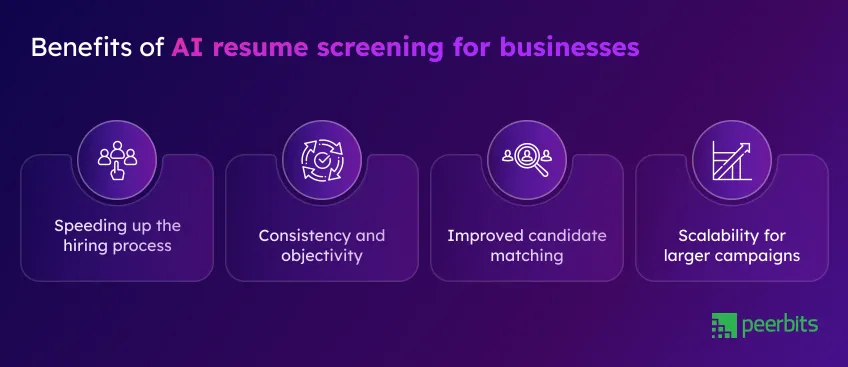
Speeding up the hiring process
- AI cuts down the time spent on initial screening
- Recruiters can focus more on interviews and quality engagement
- This supports a smoother and more efficient hiring process
Consistency and objectivity
- AI applies the same criteria to every resume
- It removes bias that often creeps into manual reviews
- This brings a higher level of fairness to candidate evaluation
Improved candidate matching
- AI identifies candidates with the right skills and experience
- It looks deeper than just keywords or formatting
- Better matching means stronger hires from the start
Scalability for larger campaigns
- AI can process thousands of resumes at once
- It's helpful when hiring across departments or locations
- Tools powered by AI Integration Services can grow with your team

Traditional hiring vs. AI resume screening
While traditional hiring methods still hold their place in many organizations, they often fall short when speed, scale, and consistency matter most. That’s when artificial intelligence resume screening proves its value.
By implementing AI for resume screening, businesses can reduce friction in the process and make smarter, faster hiring decisions.
| Aspect | Traditional hiring | AI resume screening |
|---|---|---|
| Speed | Processing resumes can take weeks. | Screening is completed in minutes or hours. |
| Bias & subjectivity | Subject to unconscious biases and human inconsistency. | Evaluates candidates using consistent, data-driven logic. |
| Volume handling | Struggles with high application volumes and demands more manual effort. | Easily scales to manage large volumes using scalable hiring solutions. |
| Quality of hires | May miss strong candidates due to time pressure or human error. | Matches candidates more accurately through smart filtering and resume analysis. |
How to optimize resume for AI? Quick tips
When submitting your resume for AI-powered resume screening, it’s important to understand how these systems evaluate your qualifications. Optimizing your resume for AI based resume screening ensures that it passes through automated filters and catches the attention of hiring managers.
Here are some key tips to help you stand out in an AI-driven hiring process.
1. How can I ensure my resume gets noticed by AI?
- Tip: Use relevant keywords from the job description throughout your resume. AI-based resume screening scans for these to match your skills with job requirements.
2. What format should my resume be in for AI?
- Tip: Keep it simple. Use standard headings like “Experience” and “Skills,” and avoid tables or fancy graphics that AI might misinterpret.
3. Can AI accurately evaluate my experience?
- Tip: Yes, but ensure your job responsibilities and accomplishments are clear and detailed for better AI resume parsing.
4. What if I don’t have the exact keywords the AI is looking for?
- Tip: Use synonyms or variations of keywords to ensure AI picks up relevant skills and qualifications.
5. Should I customize my resume for every job?
- Tip: Yes! Tailor your resume to each job description to ensure your skills and experience match the role.
6. How do I avoid AI rejecting my resume due to bias?
- Tip: Focus on objective, measurable achievements, and clear language to reduce potential bias.
7. Does AI ignore soft skills?
- Tip: Mention soft skills like “leadership” or “communication” by giving clear examples, like “led team projects.”
8. Will mistakes hurt my resume with AI?
- Tip: Yes, spelling or grammar mistakes can prevent AI from correctly reading your resume. Proofread carefully. Use a grammar checker free tool to identify and correct mistakes efficiently.
9. How do I make my resume appealing to both AI and recruiters?
- Tip: Balance AI optimization with readability for human recruiters. Use clear structure and relevant keywords.
Impact of AI on recruitment: Industry success and key results
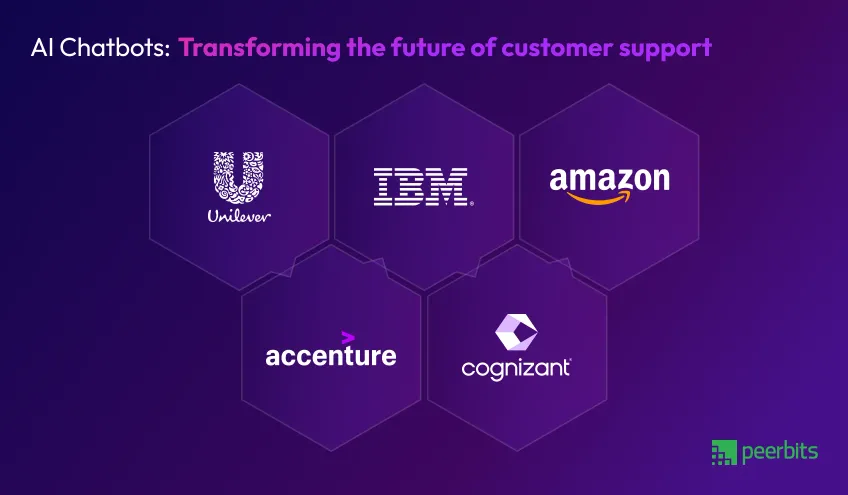
AI-powered hiring solutions are enhancing recruitment across industries. From tech to healthcare, businesses use AI to speed up hiring, improve candidate matches, and increase efficiency.
Industries adopting AI for smarter recruitment
Many industries have already embraced AI based resume screening and AI-powered hiring solutions to streamline their recruitment processes:
-
Tech Industry: Tech companies use AI tools like AI-powered HR chatbots and AI resume parsing to manage the high volume of resumes, speeding up initial candidate evaluations.
-
Healthcare: Healthcare organizations have integrated AI in Human Resources management to review resumes, ensuring they quickly find qualified medical professionals with the right skills and experience.
-
Finance: In finance, AI systems analyze resumes to match candidates with specific certifications and qualifications required for highly regulated roles, ensuring a compliant and skilled workforce.
AI Integration in Recruitment: Proven results from leading companies
1. Unilever
- Unilever uses AI for resume screening and initial candidate assessments. This speeds up the process, reduces hiring time, and ensures better candidate matching.
2. IBM
- IBM's Watson AI system helps screen resumes and predict candidate fit based on job requirements, streamlining recruitment and improving accuracy.
3. Amazon
- Amazon uses AI to rank resumes and match candidates to job roles. This helps process large volumes of applications and reduces bias in the hiring process.
4. Accenture
- Accenture integrates AI for resume screening and candidate assessment, improving efficiency while maintaining high standards in candidate selection.
5. Cognizant
- Cognizant uses AI to sift through resumes, identify key skills, and match candidates to roles and let the company handle large-scale recruitment effectively.
Read more: How AI is revolutionising workplaces and workflows?
Key outcomes of AI in recruitment
-
Increased efficiency: AI streamlines recruitment by automating resume screening, significantly reducing the manual workload on HR teams. This enables recruiters to focus on the most promising candidates and handle larger volumes of applications.
-
Improved quality of hires: With AI-powered hiring solutions, companies can match candidates with job descriptions more accurately, improving the quality of hires and leading to better retention.
-
Reduced HR overhead: By automating routine tasks like initial resume screening, AI tools help reduce administrative overhead, allowing HR professionals to focus on higher-level strategic activities.
Conclusion
AI resume screening is reshaping the hiring landscape by providing a faster, more efficient way to sift through resumes. Traditional methods often lead to delays and biases, but with AI, businesses can process applications in a fraction of the time.
By using AI-powered resume screening, companies can focus on the most qualified candidates without the manual effort involved in traditional hiring.
Incorporating AI recruitment solutions lets businesses improve the consistency and objectivity of their hiring processes. AI ensures that candidates are evaluated based on relevant skills and experience, reducing the risk of bias that can arise from human judgment. This level of precision leads to better hiring decisions and a more diverse workforce.



